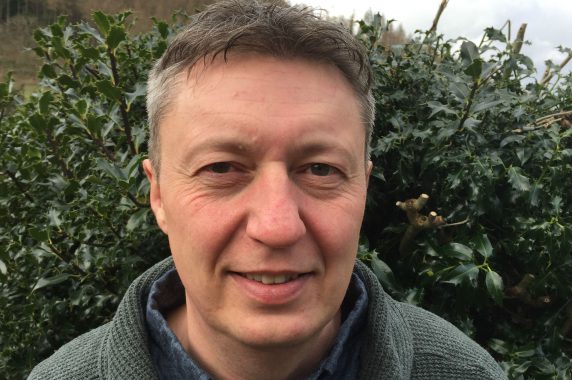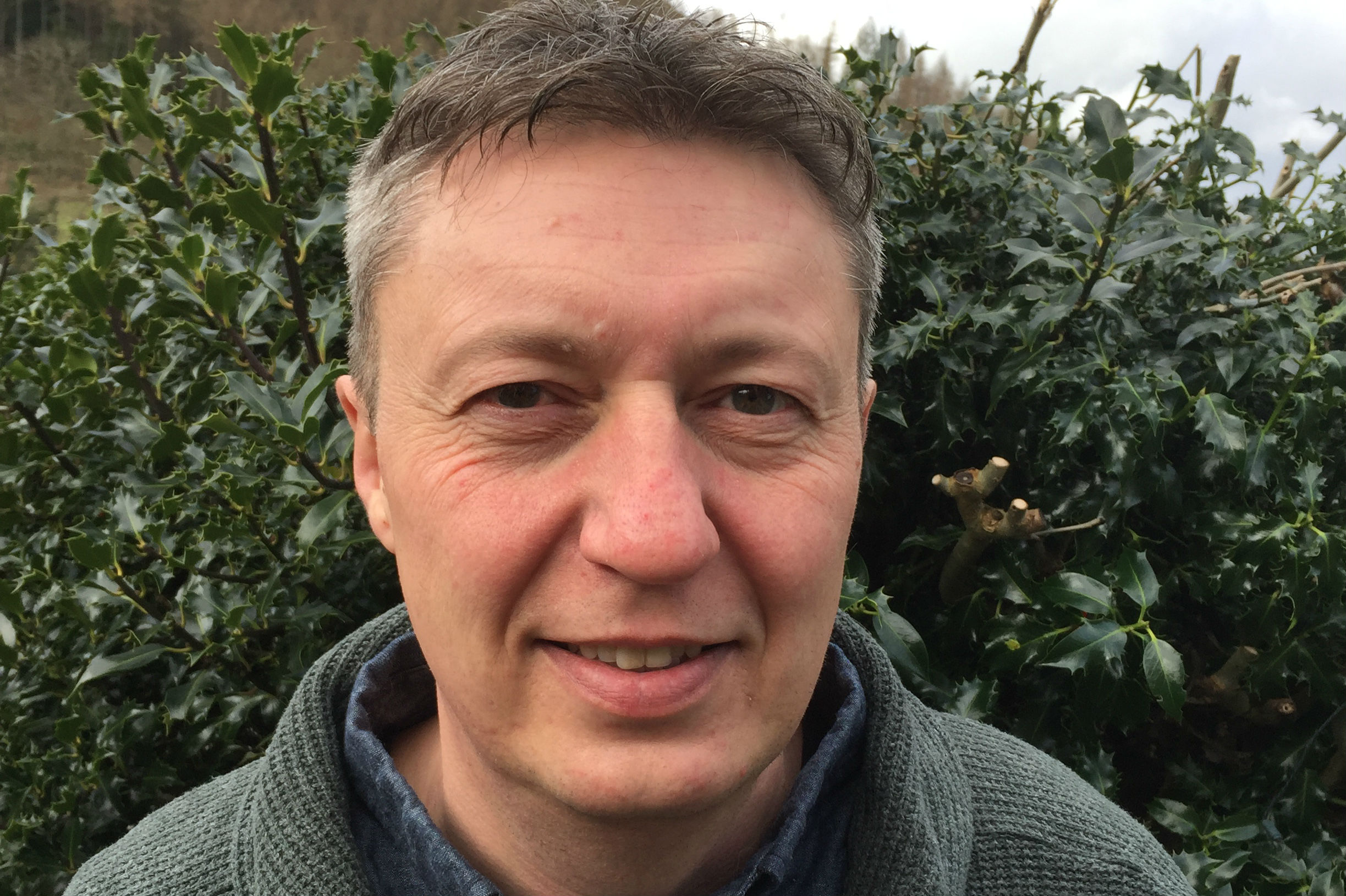Our generals need to put on their helmets and join us at the front


We all have our hobbies to take away the strains of work. I’m a bit of a military history buff, and one book I read recently noted that in the Second World War, for every one US soldier who fought in combat (the ‘teeth’), six were involved in the logistics (‘the tail’) – supplying the ammo, food, pay and so on. By the time of the Vietnam war, that ratio was 1:17, if I recall correctly.
Something similar seems to be happening in primary care. Over the past decade, there seems to have been an explosion of clinical advisors, co-ordinators, leads, ‘champions’, experts and managers. Everyone and their uncle seems to be on some ‘leadership course’ despite having no experience of the actual job of being a GP.
Many of these roles are completely non-clinical, meaning clinical staff now spend their days behind a desk, rarely seeing patients. I include in this group many GP hours siphoned off for work as appraisers, course-organisers, clinical leads of this or that initiative, or sitting on CCGs or health boards. All these roles need doing, but they are the tail not the teeth of primary care.
Meanwhile, we can’t staff our frontline primary care services. Our local community hospital can’t find a doctor to deliver care to it – they are now desperate for GPs to take this on. And forget finding a locum at short notice. Yet committee meetings are full of GPs designing pathways, auditing performance, and generally making life for the troops at the frontline more rather than less onerous while fewer of us do the actual fighting.
We have too many managers in the tail, away from the fighting, telling the depleted, exhausted frontline troops we must do more
I’m reminded of a couple of classic lines from Blackadder Goes Forth, where Baldrick is told before he is to ‘go over the top’, ‘don’t worry my boy, if you should falter, General Melchett is behind you’.
‘About 35 miles behind you,’ was the retort. And yet, again and again, I find I’m exhorted by the general staff to make ‘one more big push to move General Haig’s drinks cabinet six inches closer to Berlin’.
It is beginning to feel like ‘us and them’. There are too many clinicians and managers in the tail, away from the fighting, telling the depleted, exhausted frontline troops we must do more with less, do better with fewer supplies, and that our sacrifice is worth it, while they enjoy their ‘filet mignons in a sauce bernaise’ back at staff HQ.
We need to give the medals and the best ration packs to the grunts doing the fighting, and ensure those generals put their steel helmets on and share the burden of fighting.
Dr Alan Woodall is chair of GP Survival









